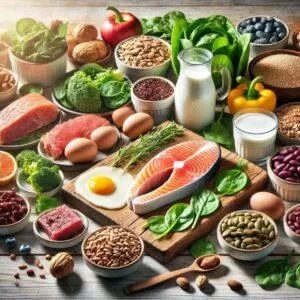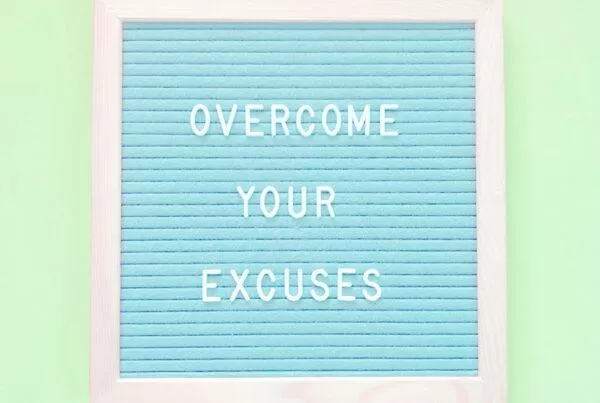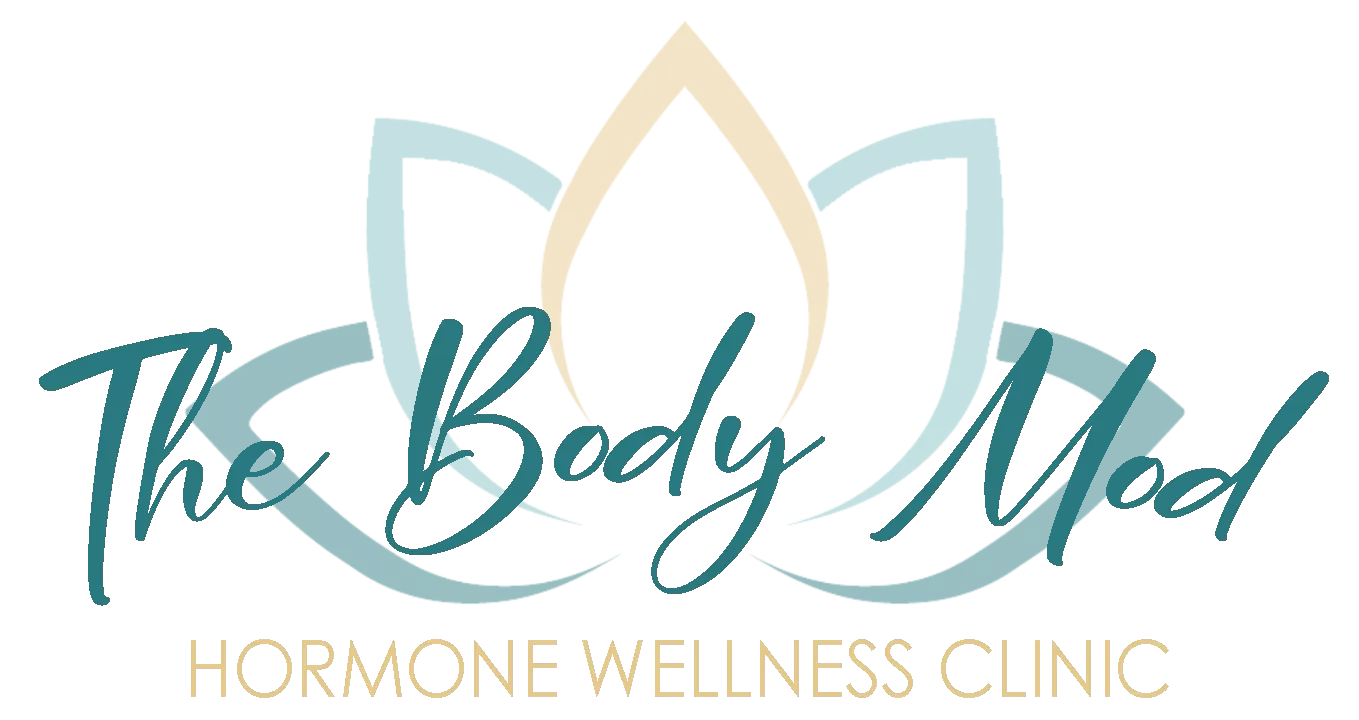For many people, weight loss isn’t just about eating less and exercising more. Despite making changes to diet and fitness routines, they might still struggle to shed pounds or maintain progress. One overlooked factor that can make weight loss harder than it needs to be is nutrient deficiencies. Vitamins and minerals play a crucial role in metabolism, energy production, and fat burning, meaning that even a slight deficiency can slow down your weight loss progress.
Symptoms of Vitamin and Nutrient Deficiencies
How do you know if nutrient deficiencies are hindering your weight loss efforts? Here are some common symptoms to look out for:
- Fatigue or low energy levels: If you feel tired all the time, even after a good night’s sleep, your body might be lacking key nutrients like iron, B vitamins, or magnesium.
- Poor exercise performance: Struggling to power through workouts? Nutrient deficiencies can reduce your stamina, strength, and recovery time.
- Unexplained weight gain or plateau: If you’re doing everything “right” but still can’t lose weight, a nutrient imbalance may be slowing your metabolism or contributing to fat storage.
- Frequent hunger or cravings: Certain deficiencies, like those in vitamin D or zinc, can disrupt hunger hormones, leading to overeating or food cravings.
- Hair loss or brittle nails: Nutrient deficiencies often show up in your hair, skin, and nails. If you notice changes in these areas, it’s worth considering if your diet is lacking essential nutrients.
How to Address Nutrient Deficiencies for Better Weight Loss
If you suspect that nutrient deficiencies are slowing your weight loss progress, here’s what you can do:
1. Get tested: Before starting any new supplement regimen, it’s important to get a blood test to identify specific deficiencies. Your healthcare provider can check levels of vitamin D, iron, B12, and other nutrients and recommend the right course of action.
2. Prioritize whole, nutrient-dense foods: Eating a balanced diet filled with whole foods is the best way to prevent deficiencies. Focus on a variety of fruits, vegetables, lean proteins, healthy fats, and whole grains to ensure you’re getting all the essential vitamins and minerals.

3. Consider supplements: In some cases, it may be difficult to meet your nutrient needs through food alone. If you’re deficient in key vitamins or minerals, your healthcare provider may recommend supplements. Just be cautious—taking too much of certain nutrients (like iron or vitamin D) can be harmful, so it’s important to follow the recommended dosage.
4. Stay consistent: Addressing nutrient deficiencies isn’t a quick fix. It can take time for your body to replenish its stores and start functioning optimally again. Stick with your healthy eating habits and give your body the time it needs to correct imbalances and support sustainable weight loss.
The professionals at The Body Mod know that losing weight is hard enough, but doing it while your body is lacking key nutrients can make it feel nearly impossible. Vitamin and mineral deficiencies can impact your energy, metabolism, and fat-burning capabilities, creating obstacles to your weight loss success. The good news? Once you identify and address these deficiencies, you’ll likely notice improvements in both your overall health and your ability to lose weight.
If you suspect that nutrient deficiencies are playing a role in your weight loss struggles, it’s worth scheduling an Initial Consultation at The Body Mod Hormone Wellness Clinic to get tested and create a personalized plan for correcting imbalances. Your body—and your waistline—will thank you!





